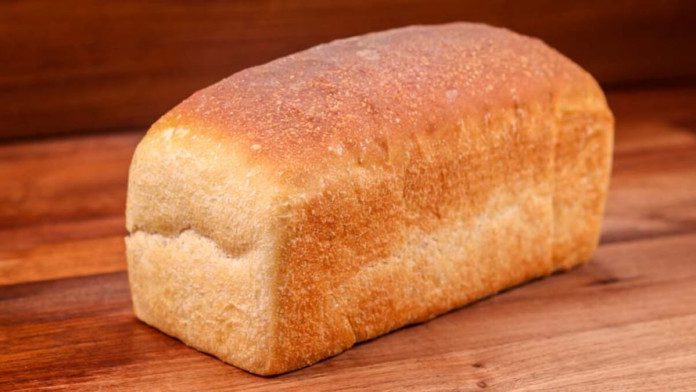News in Brief:
– Bread prices are rising in Nigeria due to dependence on imported wheat and a fluctuating exchange rate.
– Premium Breadmakers Association of Nigeria (PBAN) blames the Ukraine-Russian war and economic reforms for increasing production costs.
The cost of bread, a staple food for many Nigerians, is on the rise due to a combination of factors, according to a statement by the Premium Breadmakers Association of Nigeria (PBAN).
Emmanuel Onuorah, the association’s president, blames the situation on the volatility of the Nigerian Naira against the US Dollar, impacting the cost of imported wheat, a key ingredient in bread production. He estimates that nearly 98% of bread-making materials in Nigeria are imported, with Ukraine and Russia being significant wheat suppliers. The ongoing war between these two countries has further disrupted wheat supplies.
Meantime, these challenges are compounded by the recent removal of fuel subsidies and other economic reforms implemented by the Nigerian government. The combined effect has led to a surge in food and commodity prices nationwide. In December 2023, PBAN predicted a 15-20% increase in bread prices across Nigeria by January 2024.
Beyond price hikes: consumer preferences and production challenges
Onuorah further noted the unique characteristics of Nigerian bread, which contributes to production difficulties. He stated that Nigerians have a strong preference for white bread with a specific texture, differing from bread varieties consumed in other parts of the world. This necessitates a higher proportion of wheat in production, further impacted by import dependence.
While acknowledging the immediate challenges, PBAN is calling for long-term solutions to ensure a more stable and affordable bread supply for Nigerians. These might include government support for domestic wheat production or exploring alternative ingredients.
Meantime, Nigeria is grappling with a surge in food prices, with inflation for staple food items reaching a record high of 40% in March 2024, according to the latest Consumer Price Index (CPI) report released by the National Bureau of Statistics (NBS). This alarming rise in food costs is expected to strain the purchasing power of average Nigerians, with economists predicting a continuation of the trend for several months before it stabilises.



